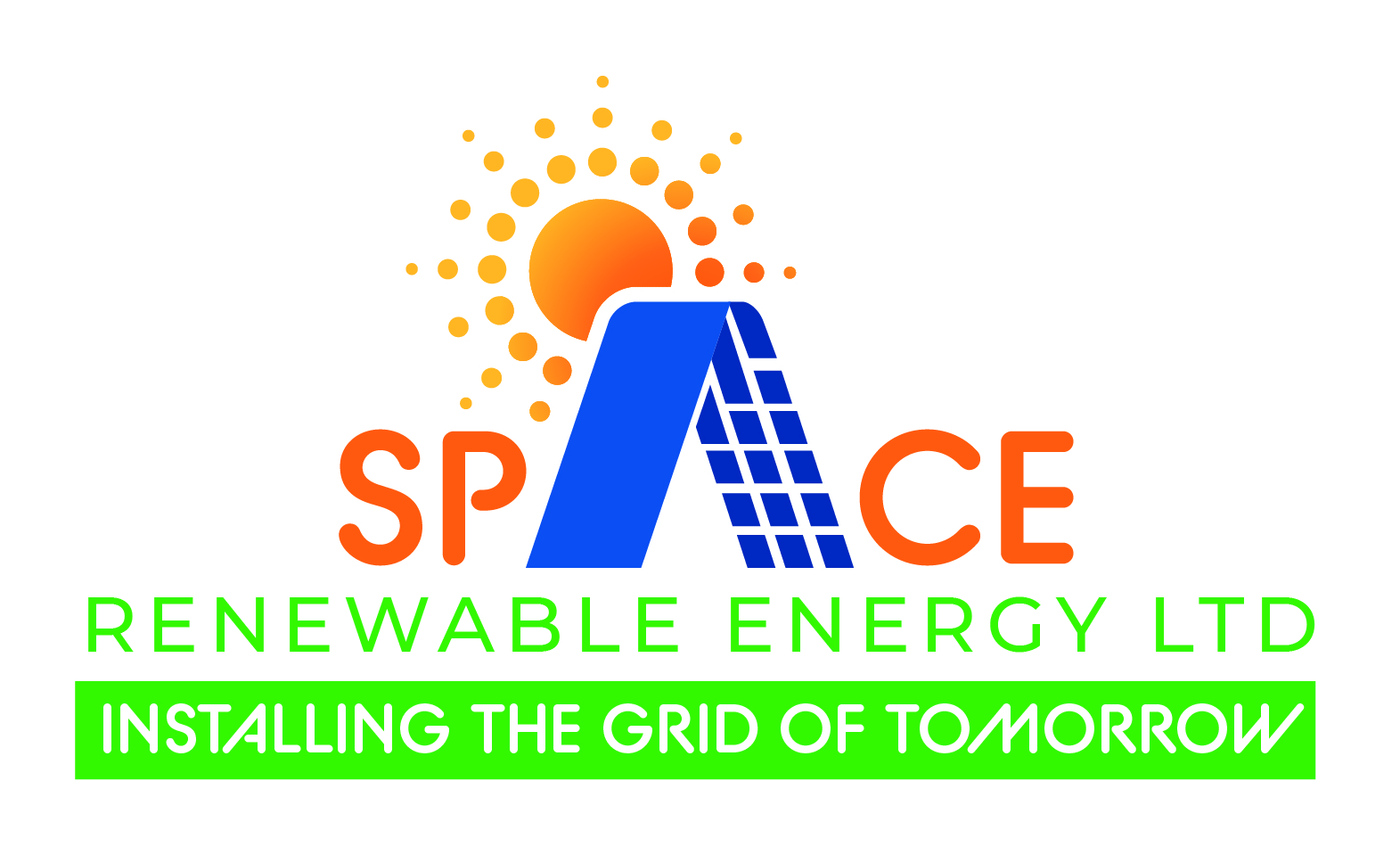WHAT DO WE OFFER?
SOLAR PV SYSTEMS
Solar panels, or photovoltaics (PV), capture the sun’s energy and convert it into electricity to use in your home. Installing solar panels lets you use free, renewable, clean electricity to power your appliances. You can sell extra electricity to the grid or store it for later use.
How do solar panels work?
- When the sun shines on a solar panel, solar energy is absorbed by individual PV cells. These cells are made from layers of semi- conducting material, most commonly silicon.
- The PV cells produce an electrical charge as they become energised by the sunlight. The stronger the sunshine, the more electricity generated. But cells don’t need direct sunlight to work and can even work on cloudy days.
- This electrical charge creates a direct current (DC) of electricity.
- The direct current passes through a solar inverter to turn it into alternating current (AC) electricity. You need AC electricity to run your household appliances.
What are the benefits of solar panels?
Cut your electricity bills
Sunlight is free, so once you’ve paid for the initial installation, your electricity costs will be reduced.
Cut your carbon dioxide emissions
Solar electricity is a clean, renewable energy source. A typical home solar panel system could save around one tonne of carbon per year, depending on where you live in the UK.
That’s the equivalent of driving 3,600 miles, or from London to Bristol 30 times.
Sell extra energy to the grid
Export the electricity you can’t use yourself and get paid for it. The Smart Export Guarantee lets you sell extra electricity to the grid.
This only applies to England, Scotland and Wales. If you live in Northern Ireland, speak to your energy supplier to see if they offer an export tariff.
HEAT PUMPS
An air source heat pump (sometimes called an air-to-water heat (pump) transfers heat from the outside air to the water in your central heating system. This heats rooms in your home via radiators or underfloor heating. It can also heat water stored in a hot water cylinder for your hot taps, showers, and baths.
How does an air source heat pump work?
Air source heat pumps take heat from the air and transfers it to a fluid refrigerant. This fluid passes through a compressor, which raises the fluid’s temperature and transfers the heat to your central heating system. For a more detailed look at how they work, see our in-depth heat pump guide.
What are the benefits of air source heat pumps?
Lower your energy bills
Depending on what heating system you’re replacing, you can save money on your energy bills.
Reduce your energy use
Unlike traditional boilers (which use fossil fuels), heat pumps use electricity. And heat pumps are more than three times more efficient than a gas or oil boiler, helping to lower your energy use.
Improve your carbon footprint
Your CO2 emissions will be lower with a heat pump compared other types of heating. This is because they don’t use fossil fuels, instead taking heat from their environment.
BATTERY STORAGE
Solar batteries are designed to work with solar panel systems. It’s a device that stores the electricity you generate (but don’t use immediately) from your solar panels, allowing you to then use that electricity later in the day.
It’s a bit like portable power packs that you can charge your mobile phone with when you’re out and about – only a solar battery is much much bigger (and less portable). You charge it up using your solar panels, and then use it to power your home, instead of using power from the grid.
How do solar batteries work?
Put simply, when sunlight hits the cells in your solar panels, it creates a direct current (DC) of electricity, which is then stored in your battery (solar batteries can only store DC electricity). Yet your household appliances use an alternating current (AC) to power them, so in order to use the electricity generated by your solar panels, it first needs to convert the DC electricity to AC. This is done using an inverter.
If you’re installing a solar battery at the same time as solar panels, it’s best to opt for a DC battery, which connects directly to your panels and doesn’t require an additional inverter. However, if you already have solar panels, you’ll need an AC battery. When your house requires more electricity than your solar panels are generating (for example, during the night or on cloudy days), the stored energy in your battery kicks in.
If you’re signed up to the Smart Export Guarantee, you can also convert the DC electricity stored in your battery into AC electricity to be sold back to the grid.

